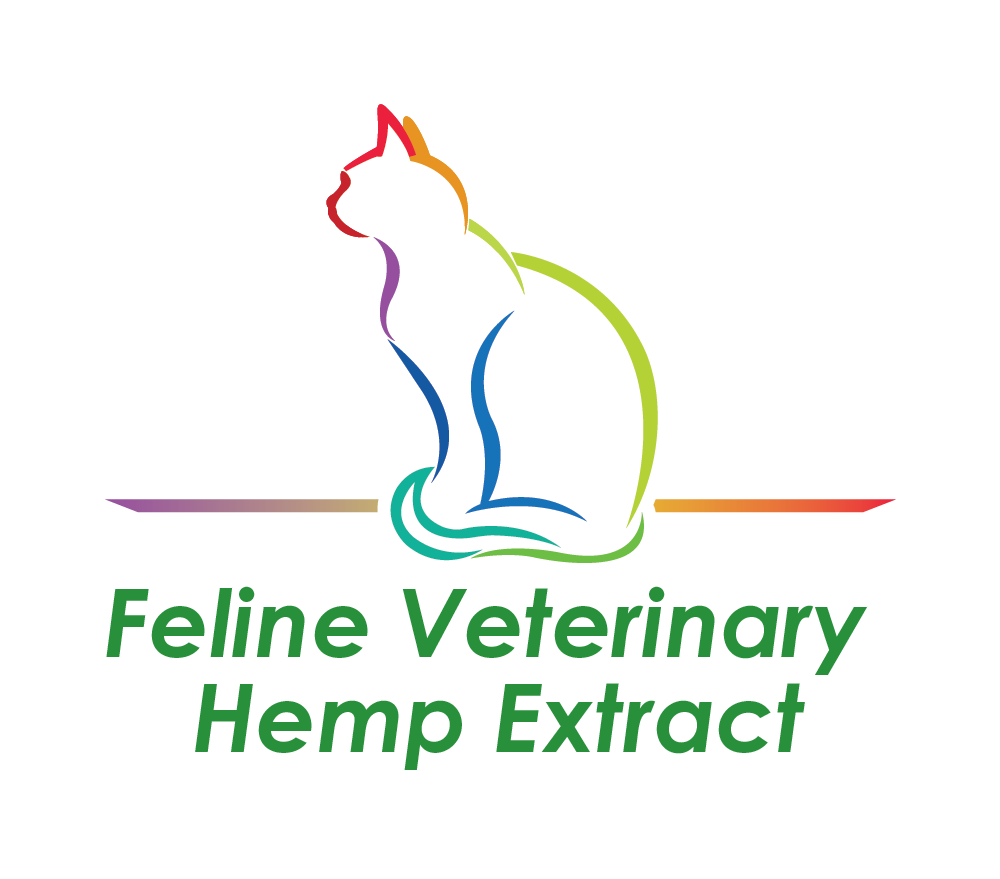3 Hidden Pet Dangers of Valentine’s Day – Chocolate, Nuts and Sugar Free Candy
Chocolate: A Sweet Treat with Hidden Risks
Chocolate, a quintessential Valentine’s Day gift, may bring joy to humans but it can be lethal for our pets. Theobromine and caffeine, both stimulants present in chocolate are very toxic to dogs and cats. Dark chocolate and cocoa powder contain high levels, leading to symptoms ranging from vomiting to seizures and cardio-toxicity. In severe cases, ingestion can be fatal.

One poignant incident involved a Pug that had gotten into his owner’s suitcase. The owner had returned from Europe late the night before and had fallen asleep, and the Pug found Belgian Very Dark Chocolate the owner had bought at a duty-free shop. Fortunately the man woke up, found the bar wrappers, and rushed him straight in to a vet clinic. We immediately induced vomiting , recovering most all of the ingested dark chocolate. According to our online chocolate calculator tool, he had ingested a lethal amount. He was then hospitalized, placed on IV Fluids, and monitored for cardiac arrhythmias for the rest of the day. That turned out to be a very expensive chocolate bar. Pug owners can surely relate to what these mischievous dogs will get into.
Nuts: A Healthy Snack for You, a Hazard for Them
While nuts are a nutritious human snack, some, like macadamia nuts, can harm pets, causing tremors and hyperthermia. Almonds and walnuts may pose choking hazards or lead to gastrointestinal issues. It’s advisable to skip nuts altogether and opt for pet-safe treats, ensuring your furry friends remain healthy and happy.
Sugar-Free Candies: Xylitol’s Hidden Danger:
Xylitol Poisoning: Sugar-free candies often contain a SUGAR SUBSTITUTE called XYLITOL, which is safe for humans but extremely toxic to dogs. Xylitol can cause a rapid release of insulin, leading to hypoglycemia (low blood sugar). Symptoms include vomiting, loss of coordination, and seizures.
In severe cases, xylitol poisoning can be fatal. I have personally seen a dog die from ingesting sugar-free gum, so please be aware of how dangerous Xylitol is and also, how common an ingredient it is becoming. In this health and weight conscious society , people often want to eat sugar free and low carb, not realizing that sugar free candy, cookies and gums are not safe to keep around dogs that like to counter surf or take objects and treats from luggage and back backs, etc.
Keep all sugar-free products out of reach and read ingredient labels carefully. I have thrown everything out that has Xylitol as an ingredient, as I have an adorable and incorrigible Australian Shepherd, Sunny, and she is the type to get in my purse and eat gum and/or breath mints and anything else she can find.

Tips for Pet Safety
- Pet-Safe Treats: Opt for treats specifically designed for pets, ensuring they are free from harmful ingredients.
- Secure Storage: Store all potentially harmful foods in pet-proof containers, making them inaccessible to your pets.
- Educate Family and Guests: Inform others about the dangers of feeding pets human food, especially treats with chocolate, nuts, or sugar substitutes.
Conclusion: Creating a Safe Haven for Furry Companions
As responsible pet owners, it’s our duty to protect our pets from hidden dangers in seemingly innocent treats. By understanding the risks associated with chocolate, nuts, and sugar-free candies, we can foster a pet-friendly environment that prioritizes their well-being. Always consult your veterinarian if you suspect your pet has ingested something harmful, and remember, prevention is key to ensuring a happy and healthy life for your beloved companions.
Always keep the phone number for the 3 closest veterinary clinics near at hand. If your pet has recently ingested a toxin, inducing vomiting should be done immediately, requiring a trip to the nearest Emergency Clinic.
Vet Emergency Clinic Options in Austin
If you have any questions for Dr. Daniel about this blog post or any topic, feel free to call her on 512.413.2349

